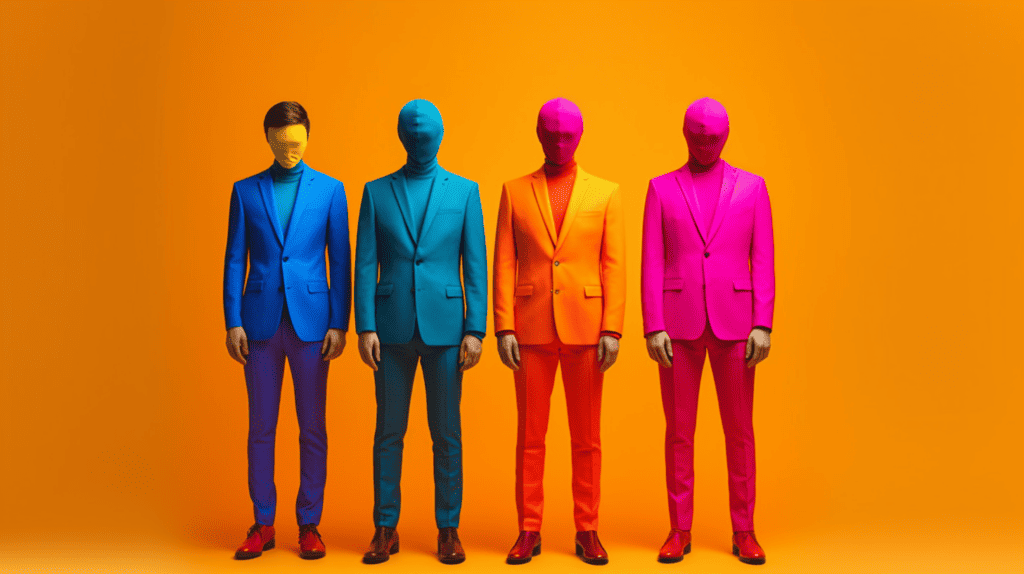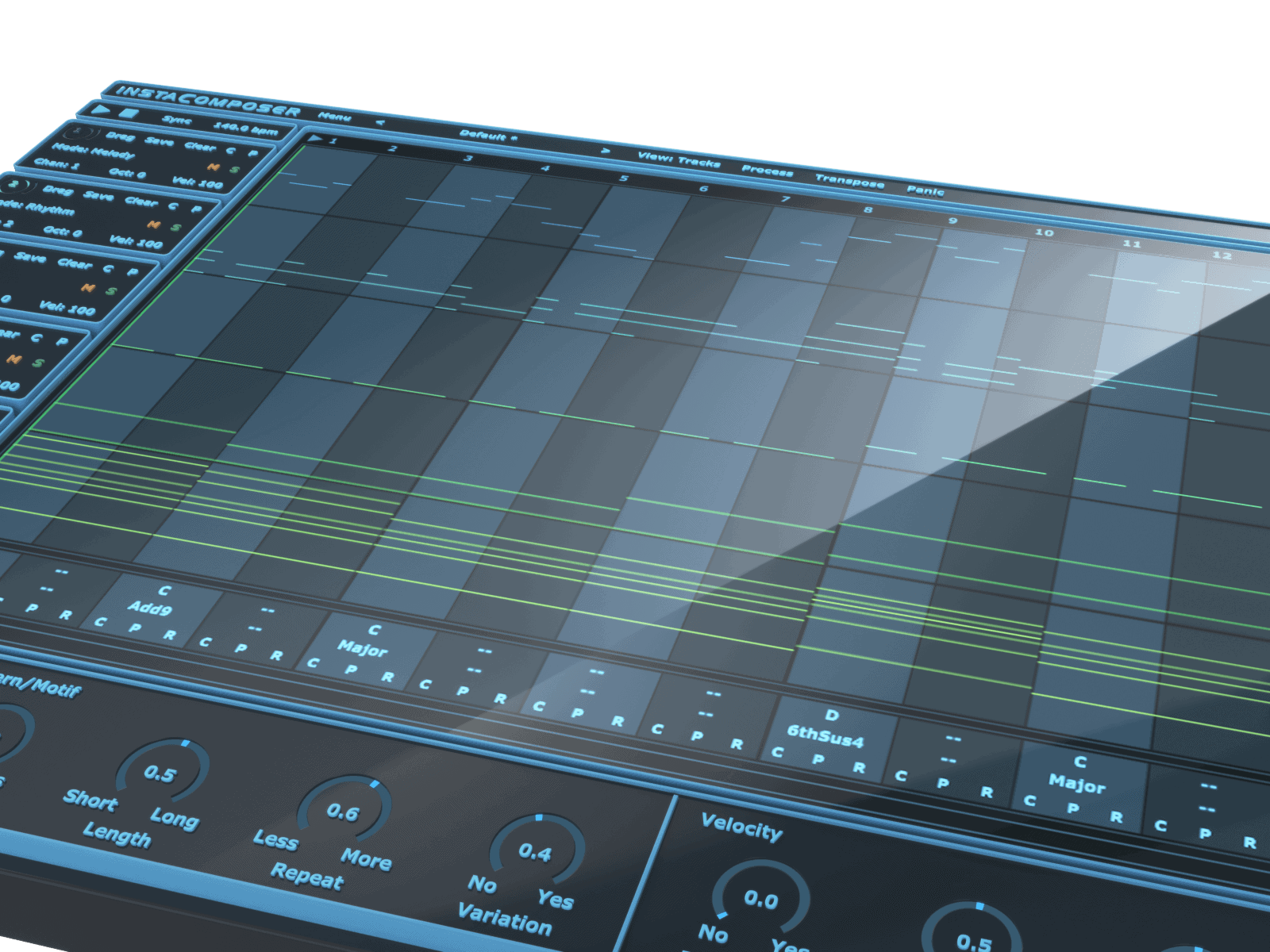The rise of AI-generated content in the music streaming industry has the potential to significantly impact how the sector operates. Platforms like Spotify and Apple Music are facing challenges in incorporating AI-created music, leading to discussions about how they can adapt their strategies.
Challenges in Crediting and Labeling AI-Generated Content
One challenge that arises with integrating AI-generated content on streaming platforms is ensuring proper labeling and credit. Unlike human-made music, AI-generated compositions lack a clear creator or copyright owner, fueling debates about ownership rights and compensation.

A proposed solution is for streaming platforms to create a new category specifically for AI-generated content, similar to how they categorize remixes or covers. This would provide proper labeling and credit while giving listeners a clear understanding of the content.
However, this solution does not address the larger issue of ownership rights, as discussed in Ownership Battle in the Age of AI-Generated Music. Streaming platforms may be hesitant to embrace AI-generated content until there is a clear resolution fully.
Impact on Traditional Record Label Relationships
Another challenge stemming from integrating AI-generated content is its effect on traditional record label relationships. As more artists use AI technology in music creation, traditional record labels may become less relevant.
This could lead to a fracture in the current streaming model, where record labels are crucial in getting artists onto these platforms through distribution deals and marketing efforts. With more artists creating their AI-generated compositions, they may bypass traditional record-label relationships altogether.
Adapting to the AI-Dominated Era
Streaming platforms must adapt and remain relevant in this new era dominated by artificial intelligence. One approach could be investing in developing their proprietary algorithms for generating original compositions using AI.

This could give them an edge over competitors while providing unique content for listeners. It would also allow them to maintain control over the ownership and rights of the AI-generated content they produce.
Discoverability and Curation in the AI-Generated Music Era
As the rise of AI-generated music continues, it could significantly impact discoverability and curation on streaming platforms. With more AI-generated content becoming available, finding new music or curating playlists that cater to individual tastes may become increasingly challenging. This could lead to the development of new methods for music discovery and curation, potentially involving AI algorithms themselves to identify and recommend music based on user preferences.
Innovative AI-assisted curation tools could help streaming platforms stay ahead of the curve by providing highly personalized recommendations for users, drawing from both human-created and AI-generated content. This would not only enhance the listening experience but also help platforms retain and attract users by offering unique and tailored content.
Revenue Models and Royalties in AI-Generated Music
The growing prevalence of AI-generated music may also influence revenue models and royalties within the music streaming industry. As the landscape shifts, it could lead to new models for royalty distribution and revenue sharing that account for AI-generated content.

Traditional royalty models may need to be reevaluated to accommodate AI-generated music, taking into consideration factors such as the original data source, the AI developers, and the role of the artists who utilize AI technology. This could result in innovative revenue-sharing models that fairly compensate all parties involved in the creation and distribution of AI-generated music.
Listener Perception and Reception of AI-Generated Music
Understanding how listeners perceive and receive AI-generated music in comparison to human-created compositions is crucial for predicting the future of the music industry. As AI-generated music becomes more widespread, listener attitudes and preferences may change, with audiences potentially embracing AI-generated music as a new form of creative expression.
Research into listener reactions to AI-generated music can provide valuable insights into how this new form of content is likely to be received. Factors to consider include the quality of the AI-generated music, the emotional connection listeners feel with the content, and whether listeners can distinguish between human-created and AI-generated compositions.
By exploring these factors, the industry can better prepare for the potential impact of AI-generated music on listener preferences and adapt marketing strategies, content creation, and distribution methods accordingly.
Conclusion
In conclusion, the rise of AI-generated music has the potential to fracture and change the current streaming model completely. Streaming platforms like Spotify and Apple Music must adapt to this AI-dominated era to remain relevant in the industry.
Although challenges arise with integrating AI-generated content onto these platforms, there are opportunities for innovation and unique content creation. It remains to be seen how this new era in music will play out, but one thing is clear: the impact of artificial intelligence on the music industry is only just beginning.
By addressing discoverability and curation, revenue models and royalties, and listener perception and reception, a more in-depth analysis of the impact of AI-generated music on the music streaming landscape can be achieved.










